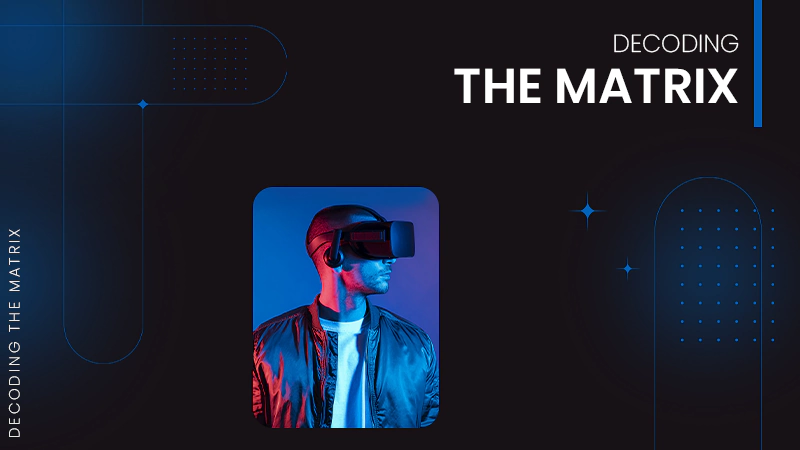Cryptocurrency Breakdown: What is the Future of Bitcoin?
Digital wallets are climbing in popularity at an astounding rate. In 2020, they were the second-most preferred option for in-store payments. This isn’t surprising, as payment methods were the only thing missing from mobile devices. Now, everyone’s entire life can sit in the palm of their hands.
Banks working with fiat currency through digital wallets are a new thing, though. The legitimate predecessor was digital currency in the form of cryptocurrency. Bitcoin, Ethereum, Litecoin, and dogecoin are a few good examples.
But, what is the future of Bitcoin? Nothing is for certain, but there are a few signs that point in one direction: growth and integration. The concept of a decentralized currency is the only thing holding Bitcoin back. Read ahead to find out why, and how this digital currency is on the path to greatness.
Ease of Access
While the learning curve for using any cryptocurrency is quite high, it’s more of a blessing than a curse. That sounds like a self-contradictory statement, but it’s quite the contrary. It’s harder to jump into crypto as a digital currency than many alternatives, but once someone is set up it’s easy to manage.
It’s difficult to understand, at first glance, almost intentionally. The idea is to prevent as much tampering as possible. And, as Bitcoin is a decentralized currency, no authority can restrict or control your personal cache.
The Question Around Account Security
Identity theft is more prevalent than ever. This comes with consequences that include unauthorized access to bank accounts, sensitive documentation, and much more. Bitcoin, like many alternatives, offers the most airtight security for what you would call your account.
When you create your digital wallet, you get one chance to write down a code involving 12 words. These are meant for account recovery. If you lose track of these and later forget your login information, your account is gone forever.
While this sounds scary, memorization or safe-keeping of documents regarding your wallet can prevent losses entirely. At the same time, it’s nigh impossible for anyone, even artificial intelligence, to hijack your account.
Fast and Cheap Transactions
There’s a lengthy digital currency list of coins that claim to guarantee fast transactions at low rates. Bitcoin doesn’t have to advertise; the network is so expansive and trusted, no alternative competes.
Its popularity is undeniable. You might run into a bitcoin ATM while strolling around town. Here, it’s easy to trade fiat, or other coins, for Bitcoin. And, in most cases, you should receive your requested number of satoshis within minutes. Bank transfers can sometimes take between three to five days; that’s quite a difference.
What is the Future of Bitcoin
The future of Bitcoin is bright. Despite many ups and downs, the faith surrounding this digital asset is strong. And, over time, people can better learn what it is, how to use it, and why it’s a great option.
Where the answer to “what is the future of bitcoin?” used to be “bleak.” It’s changing rapidly. Besides account security, transaction speed and price, and ease of access, it’s also propelled forward by fiat banks and their inability to compete in all three aforementioned variables.
If you learned something, make sure to check out the other articles on the site. You might be surprised by what you find!













